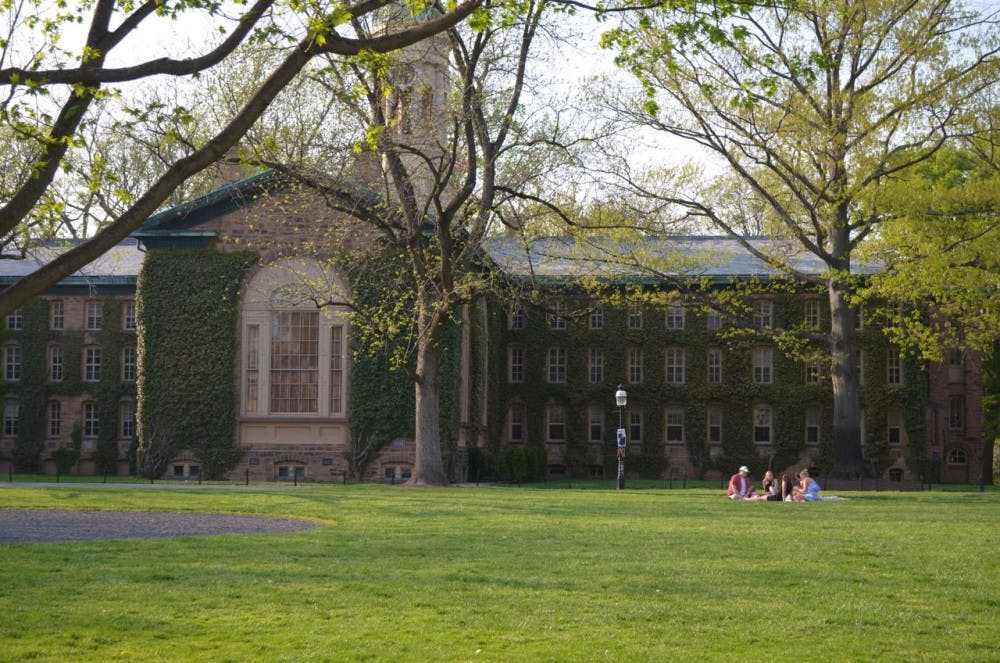The Washington Post recently published an article entitled “The problem with ‘OK, boomer,’” in which author Holly Scott argues that historically, using generational divides to gain solidarity for change distracts in important ways from the real issues at hand. Scott points out how the youth activism of the ’60s ran into largely insurmountable obstacles, as the media focused more on generational tensions emphasized by the activism than the real divides against which the activists wished to fight. The real divides in the ’60s, Scott claims, were about power — “who had it and who did not.”
What Scott sorely misses in her analogy of youth activism in the ’60s and youth activism now is that today, generational lines dramatically delineate the haves and the have-nots. “OK, boomer” isn’t exacerbating the generational divide in a way that misnames the target of youth angst. Rather, it highlights that those behind the systematic problems affecting young people and those greatly distanced in age from the youth are often one and the same.
Boomers, in general, have power. Young people, in general, do not. Those who are young and generate power and attention for the causes young people care about, such as Congresswoman Alexandria Ocasio-Cortez, Greta Thunberg, and the Parkland activists, are discriminated against and discredited for their youth. In a rapidly aging society, marginalization of young people facing serious problems — problems about which older generations do not care about to the same degree as youth — through adultistic practices is fiercely and immediately wrong.
The “OK, boomer” clapback isn’t some sort of distracting ageist movement, but rather a collective voice reminding older generations to realize that they have to allow room to think about problems beyond the next 20-30 years. In a time when critical issues most strongly affect the youngest generations, that the three leading Democratic candidates, not to mention the incumbent, in the 2020 presidential election would all be in their 70s by the start of their would-be term. That is what’s not OK, boomer.
Our current president holds the record for oldest age at the start of presidency, with the previous record of 69 having been set by Ronald Reagan. And indeed, Trump, born in 1946, is a boomer. In the U.S. context, Americans born between 1946 and 1964, the sustained period of national growth that followed World War II, are boomers.
Boomers make up roughly 22.6 percent of the current U.S. population but, even as many “retire in droves,” they continue to hold 53.9 percent of seats in the House of Representatives, and 84 percent of the Senate. Seven of the nine Supreme Court justices are boomer age or older. Even University President Christopher Eisgruber ’83 — who has resisted near-continuous calls by the student body for divestment from the fossil fuel industry — is a boomer.
It’s not ageist against boomers to detect something problematic here. Rather, it’s ageist against younger generations to ignore it. Though I believe older generations should be given high levels of respect, that respect does not have to be synonymous with high positions of power.
To address new and future problems, younger generations must be more than “future leaders.” We must be today’s.

Anna McGee is a sophomore from Paducah, Ky. She can be reached at amcgee@princeton.edu.









